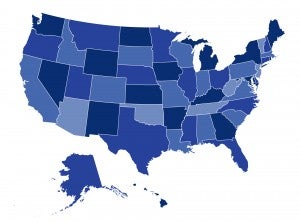Implementing the Family Glitch Fix on the Affordable Care Act’s Marketplaces

A record number of people have signed up for health insurance through the Affordable Care Act’s marketplaces. This historic enrollment coincides with a new rule that fixes the “family glitch,” a former policy that blocked over 5 million people from accessing marketplace subsidies. In a post for the Commonwealth Fund’s To the Point blog, CHIR experts highlight the variety of activities undertaken by the ACA’s marketplaces to implement the family glitch fix.



